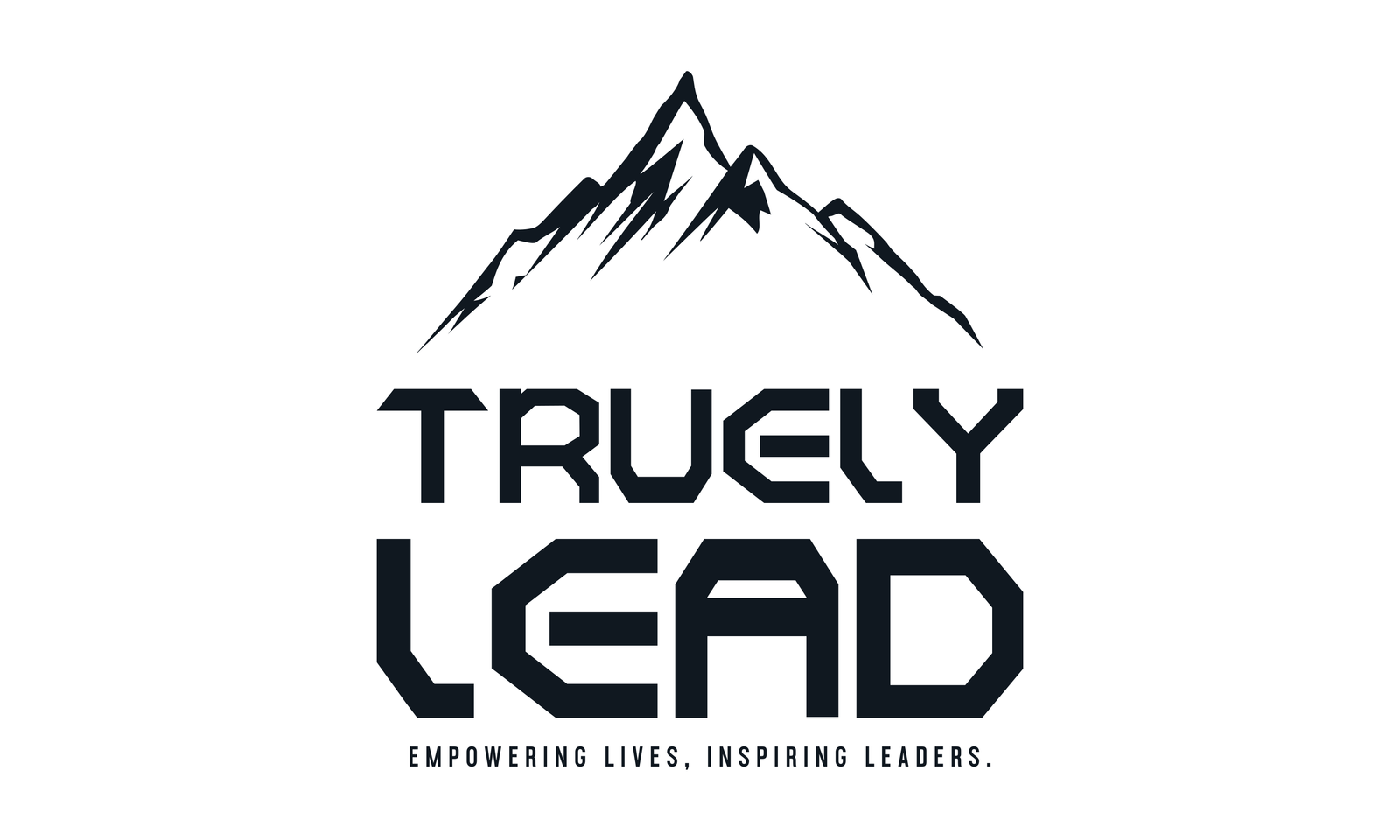Emotional Intelligence Tools and Techniques for Leaders: Elevate Your Leadership Skills
Emotional Intelligence (EI) is a cornerstone of effective leadership. Mastering EI involves more than understanding one’s own emotions; it requires a range of tools and techniques to cultivate and apply emotional skills in leadership roles. This guide explores seven essential EI tools and techniques that can elevate your leadership abilities and transform your approach to managing and inspiring teams.
1. Self-Assessment Tools
Self-Assessment Tools are invaluable for evaluating your emotional intelligence. These tools help you identify your strengths and areas for improvement in emotional competencies. Key features include:
- Detailed Questionnaires: Engage with comprehensive questionnaires that assess various facets of EI, such as self-awareness, self-regulation, empathy, and social skills. These assessments provide a snapshot of your current EI levels.
- Personalized Reports: Receive in-depth reports that outline your emotional intelligence profile, highlighting strengths and pinpointing areas needing development. These reports often include visual graphs and actionable insights.
- Actionable Feedback: Utilize the feedback to create a personalized development plan that targets specific areas for improvement. This plan can guide your EI development efforts and help you track your progress over time.
2. Emotional Intelligence Journals
Emotional Intelligence Journals are powerful tools for self-reflection and emotional awareness. They offer:
- Guided Prompts: Utilize journal prompts designed to encourage deep reflection on your daily emotional experiences and interactions. Prompts can help you analyze how you respond to different situations and how your emotions affect your leadership.
- Reflection Techniques: Implement structured reflection exercises to explore patterns in your emotional responses. Techniques might include writing about specific incidents, identifying emotional triggers, and analyzing how you managed them.
- Progress Tracking: Keep track of your emotional development by regularly reviewing your journal entries. This ongoing reflection allows you to monitor changes in your emotional intelligence and adjust your strategies accordingly.
3. Mindfulness and Meditation Practices
Mindfulness and Meditation Practices are essential for enhancing emotional regulation and self-awareness. These practices include:
- Mindfulness Meditation: Engage in mindfulness meditation sessions that focus on being fully present and observing your thoughts and emotions without judgment. This practice helps you develop greater emotional resilience and awareness.
- Breathing Exercises: Practice deep breathing exercises to manage stress and maintain emotional balance. Techniques like diaphragmatic breathing can calm your nervous system and improve your emotional control.
- Guided Visualization: Use guided visualization techniques to imagine positive outcomes and reinforce emotional resilience. Visualization helps you prepare for challenging situations and maintain a positive mindset.
4. Emotional Intelligence Workshops
Emotional Intelligence Workshops provide interactive, hands-on experiences for applying EI concepts. These workshops offer:
- Practical Exercises: Participate in exercises that simulate real-life emotional scenarios and encourage you to practice and develop your EI skills in a supportive environment.
- Role-Playing Scenarios: Engage in role-playing activities that replicate various emotional situations you may encounter as a leader. These scenarios allow you to experiment with different responses and strategies.
- Expert Guidance: Benefit from the expertise of facilitators who offer feedback and insights on your EI skills. Workshops often include personalized coaching and group discussions to deepen your understanding of EI concepts.
5. EI Skill Development Apps
EI Skill Development Apps are digital tools that support ongoing EI development. These apps offer:
- Daily Exercises: Access a variety of exercises and activities designed to improve specific EI skills such as empathy, communication, and self-regulation. Many apps include interactive features that engage users in daily practice.
- Progress Tracking: Monitor your development through built-in progress tracking features. These apps often provide feedback on your performance and suggest areas for further improvement.
- Interactive Features: Engage with interactive content, including quizzes, challenges, and scenarios that reinforce emotional intelligence concepts and techniques.
6. Books on Emotional Intelligence
Books on Emotional Intelligence offer in-depth knowledge and strategies for developing EI. Recommended resources include:
- Influential Books: Explore influential titles such as “Emotional Intelligence 2.0” by Travis Bradberry and Jean Greaves, which provides practical strategies for enhancing emotional intelligence in everyday life and work.
- Research Publications: Read scholarly articles and research studies to stay informed about the latest developments and best practices in emotional intelligence. These publications offer evidence-based insights and advanced theories.
- Industry Journals: Subscribe to industry journals that focus on emotional intelligence and leadership. Journals provide ongoing updates and insights into new trends and practices in the field.

7. Peer Feedback Mechanisms
Peer Feedback Mechanisms are valuable for gaining insights from colleagues and peers. These mechanisms include:
- 360-Degree Feedback: Participate in 360-degree feedback processes to receive comprehensive feedback from supervisors, peers, and subordinates. This holistic approach provides a well-rounded view of your EI competencies and areas for improvement.
- Regular Check-Ins: Conduct regular check-ins with peers to discuss your emotional intelligence development and receive constructive feedback. These conversations can offer valuable perspectives and support your growth.
- Feedback Tools: Utilize tools designed to collect and analyze peer feedback effectively. These tools often include surveys and questionnaires that gather detailed input from your colleagues.
Conclusion
Incorporating essential emotional intelligence tools and techniques into your leadership practice is crucial for developing your EI skills. Whether you use self-assessment tools, journals, mindfulness practices, workshops, apps, books, or peer feedback, each resource offers unique benefits for improving your emotional intelligence. By integrating these tools, you can enhance your leadership capabilities, foster a positive work environment, and achieve greater success in your role.


